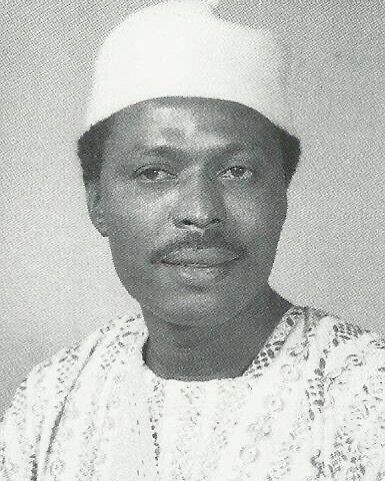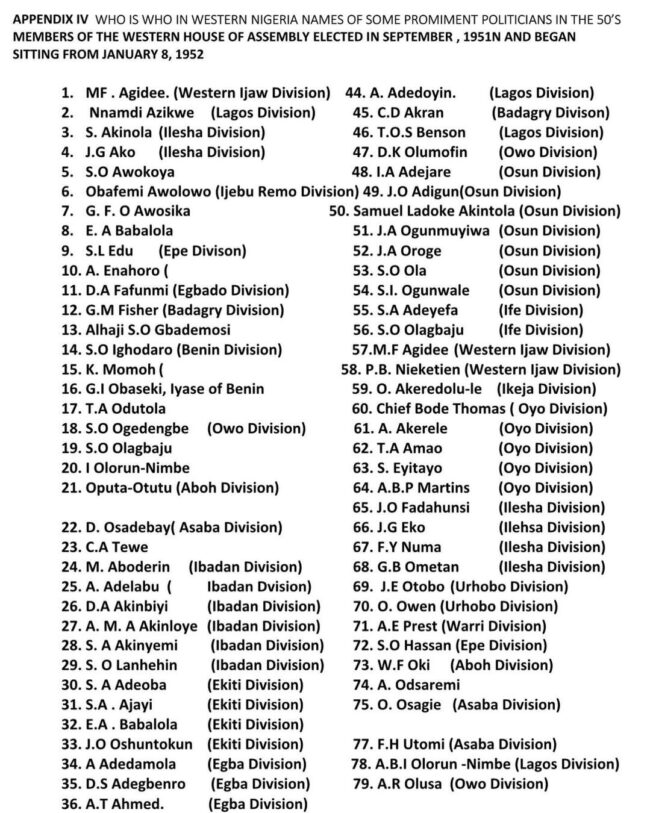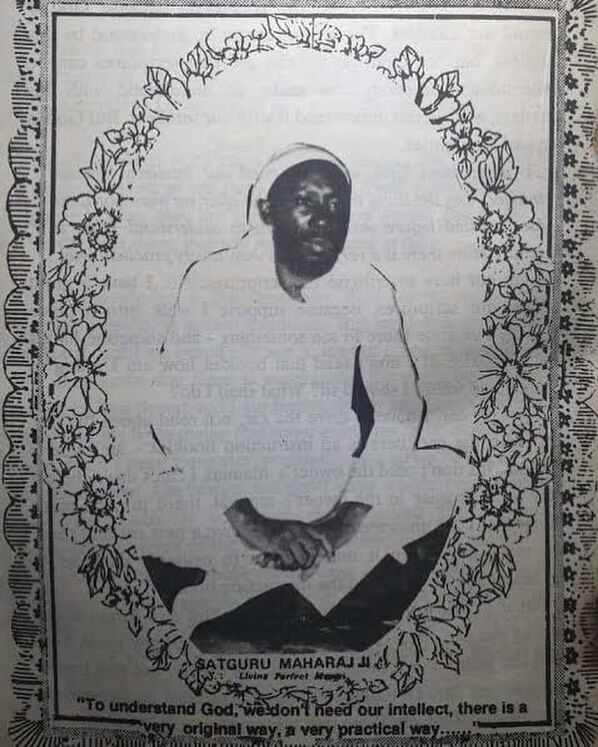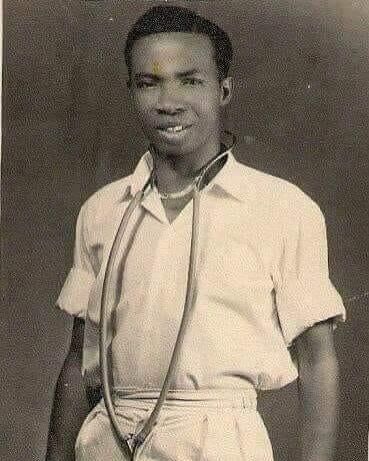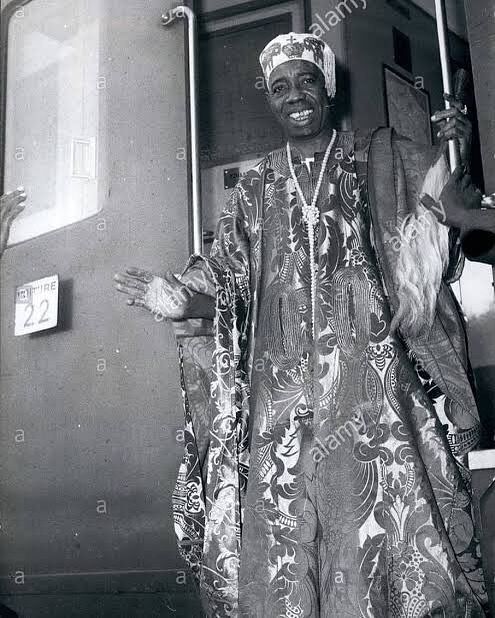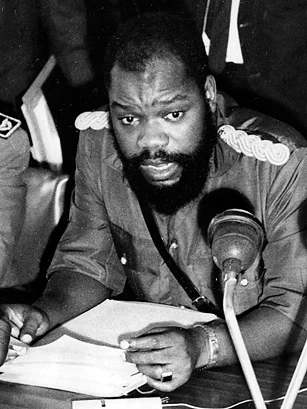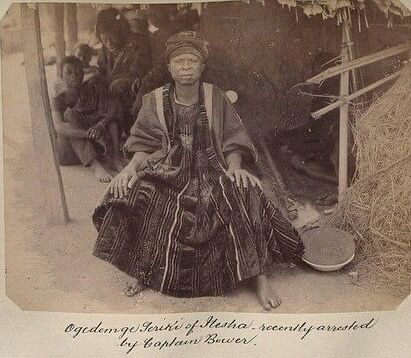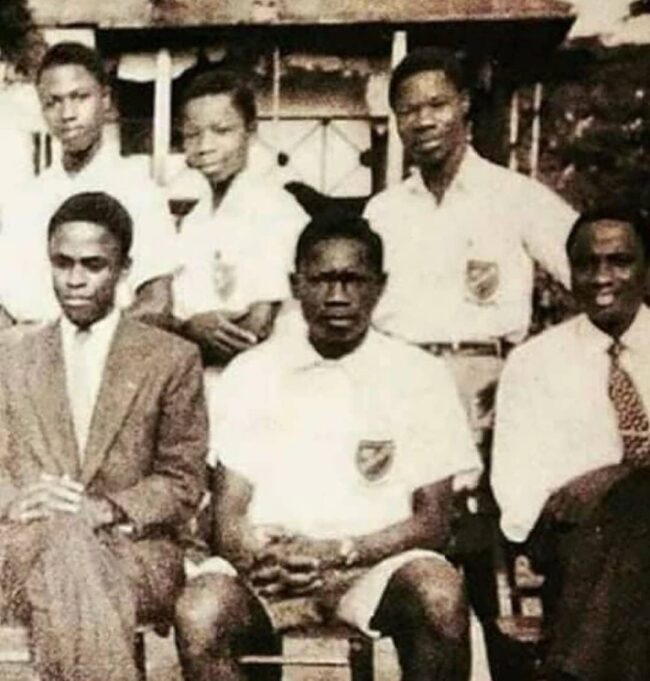Remembering T.O.S. Benson and his Impactful Contributions to Nigeria
In the years preceding Nigeria’s independence in 1960, Benson S.A.N., a Nigerian lawyer, rose to prominence as one of the country’s most important politicians. In the first post-independence administration, he was the Minister of Culture, Broadcasting, and Information. Following the initial military takeover in 1966, Benson spent several months behind bars. He was acknowledged as a well-known Yoruba chief and went back to practicing law. Born in Ikorodu on July 23, 1917, Theophilus Owolabi Shobowale Benson went to CMS Primary School on Agboyi Island in Lagos. His family was aristocratic from birth. He was a native of Ikorodu. Bobby Benson, a well-known musician, was his younger brother. He went to the Lagos-based CMS Grammar School. He enlisted in the customs service at the age of twenty. Chief Remilekun Fani-Kayode, Chief D.K. Olumofin, Chief Richard Akinjide, Chief Tos Benson, and Chief S.L. Akintola are shown in an iconic photograph above taken at an event in Ibadan in 1963. This image shows TOS Benson (center) in June 1963 while visiting Berlin. Benson was elected to the Lagos Town Council in 1950 and went on to become the city’s deputy mayor. The backing of Lagos’ multicultural electorate was crucial to Benson’s electoral success. Along with Nnamdi Azikiwe, Adeleke Adedoyin, A. B. Olorunnimbe, and trade unionist H. P. Adebola, Benson was selected as one of the NCNC’s candidates for the five Lagos seats in the Western House of Assembly in the 1951 election. The five contenders overcame the Action Group’s rivals with ease. Benson joined the NCNC as a national officer. He traveled to London with Nnamdi Azikiwe, the NCNC President and Premier of Eastern Nigeria, to attend the Nigeria Constitutional Conference at Lancaster House.He served on the NCNC Strategic Committee and as National Financial Secretary in 1958. In addition, he chaired the Lagos branch of the NCNC and served as its chief whip in the House of Representatives. After being elected to succeed Salami Agbaje as Chairman of the Western Working Committee in 1959, he arbitrated a conflict between the Adeoye Adisa and Agbaje factions inside the NCNC. Benson participated in the constitutional conferences that preceded Nigeria’s independence in 1960, which were held in London in 1953, 1957, 1958, and 1960. Between 1950 and 1959, he was elected to a number of NCNC …

